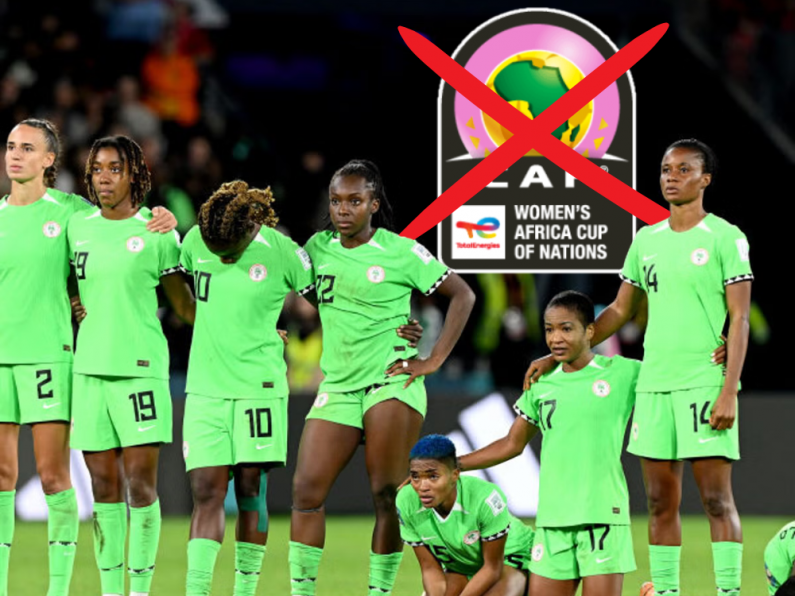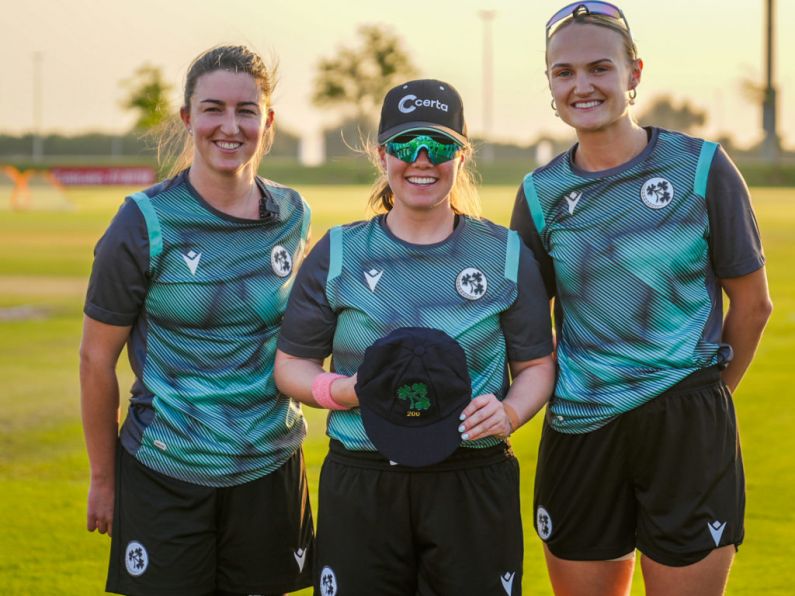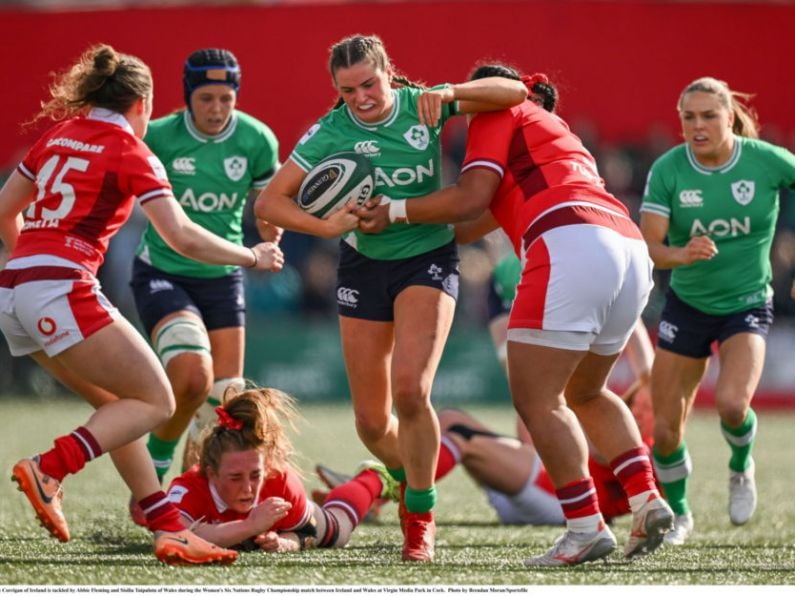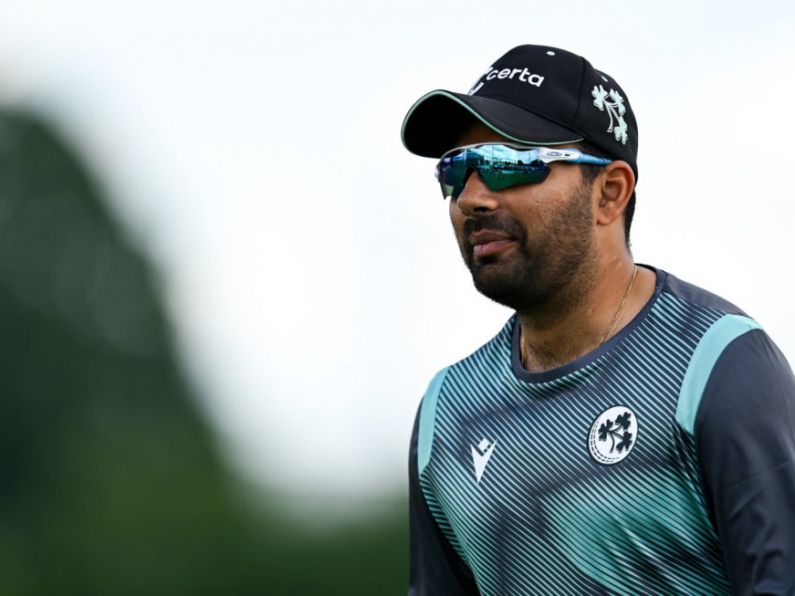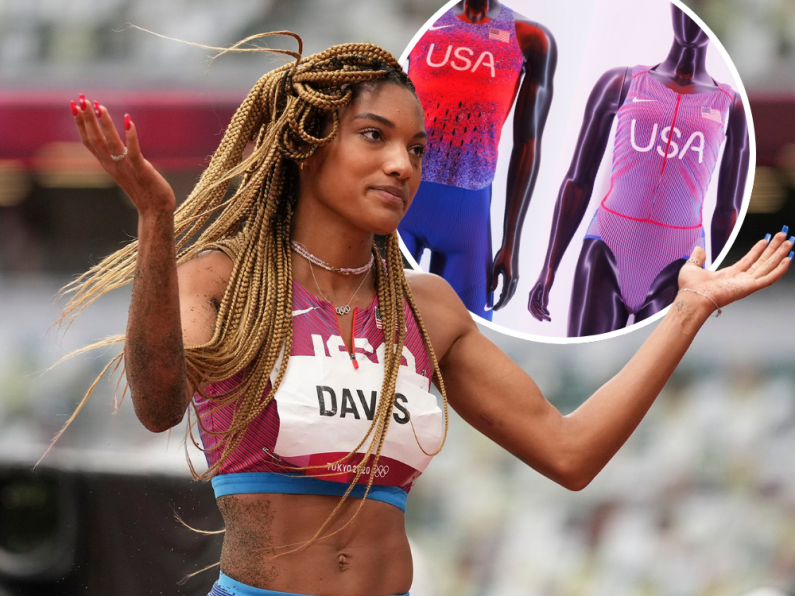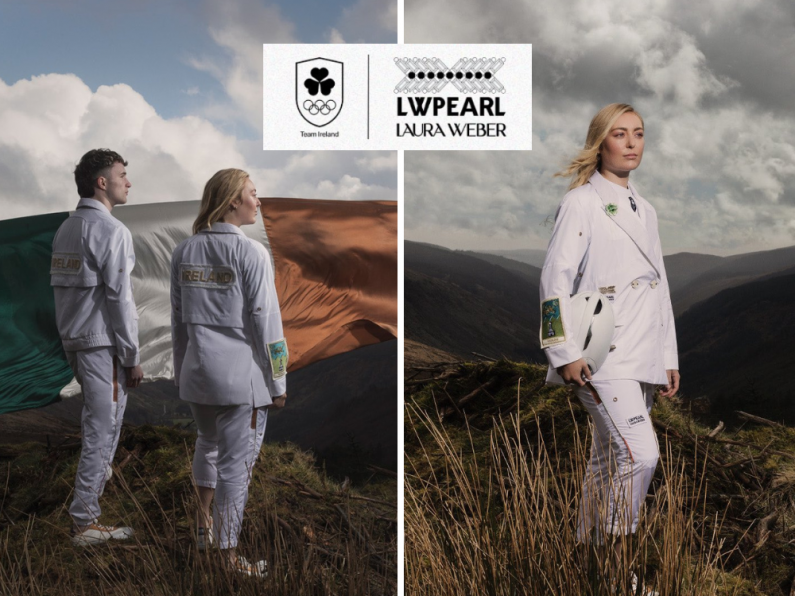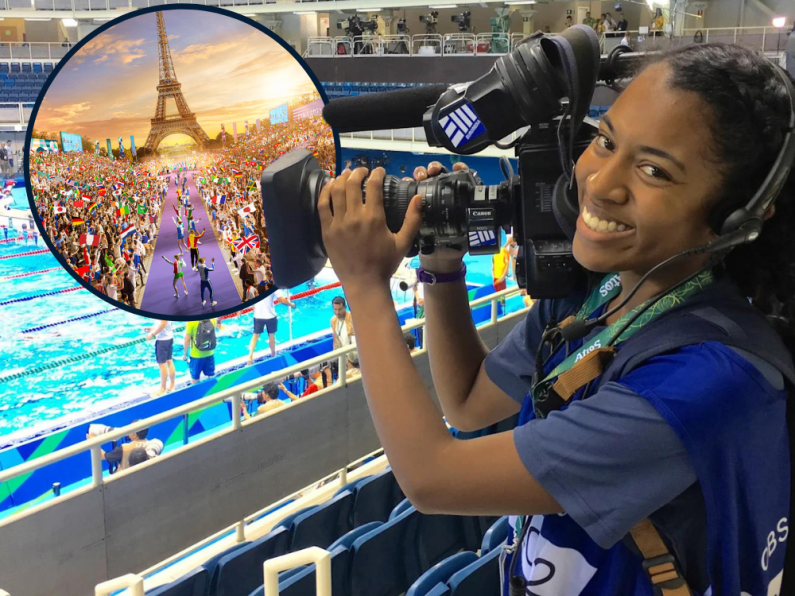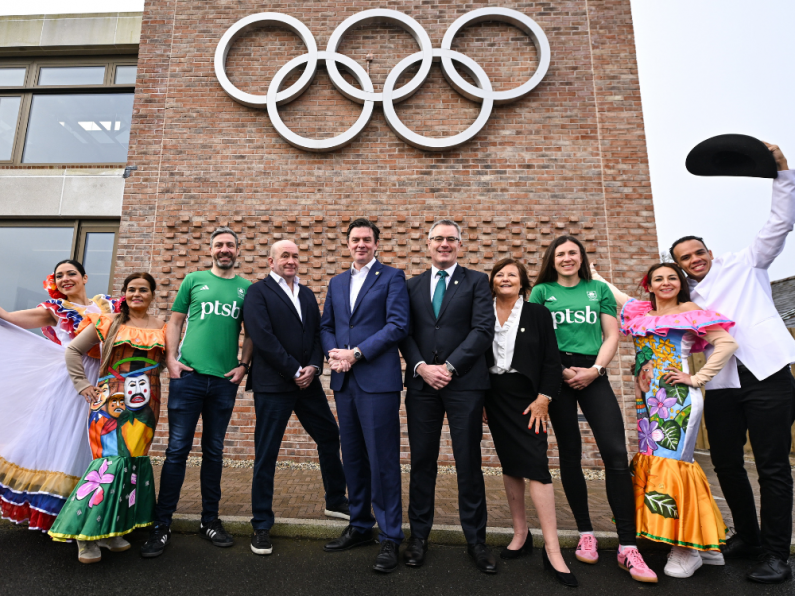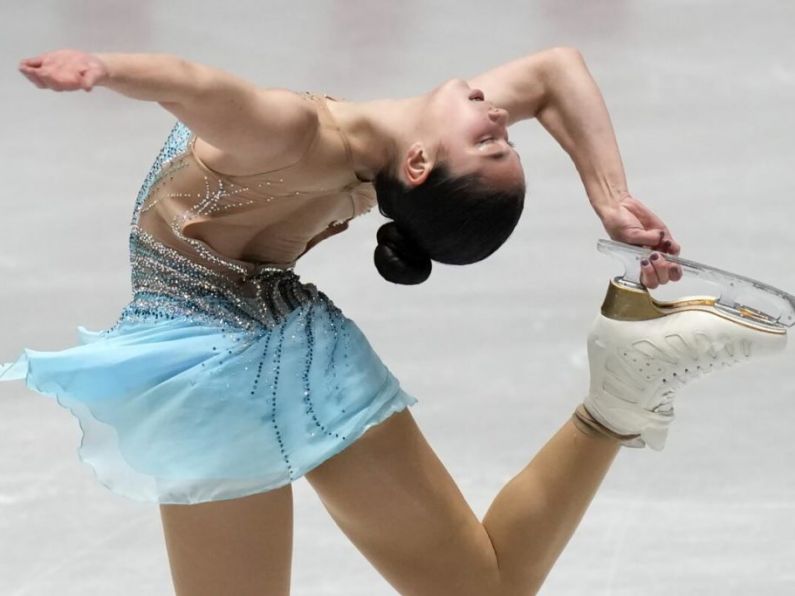With Tokyo just weeks away, our nation’s athletes add the finishing touches to their tailored preparations, with medals the end result of all the participating party’s ambitions.
Many Irish Olympians have gone before them and prospered in their chosen fields, some of which our athletes might have looked to for inspiration ahead of the forthcoming Games. Be it Waterford’s John Treacy claiming silver in Los Angeles in ‘84, or Cork’s Sonia O’ Sullivan prospering at the Sydney Games in 2000. Irish history books offer an indication of just how hard Olympic medals are to come by, especially gold, with just nine gold medals accumulated by Irish athletes between 1928 to date.
Of these nine coveted prized possessions, three of which were claimed by one person, all at the same Olympic Games. Atlanta 96 played host to one of the most memorable Olympic Games there’s been from an Irish perspective. The very Games in which Dublin woman Michelle Smith would return home to the Emerald Isle with a trio of the highest accolade hanging from her neck, along with a bronze medal for good measure.

Before Michelle Smith(now De Bruin) arrived on the scene, Ireland were considered far from a competitive nation in the sport. Smith arrived on the world swimming scene as an 18 year old at the Seoul Olympics in ‘88, coming off the back of a prosperous underage career in Ireland. At the age of just 14, Michelle Smith had become National Junior and Senior champion in Ireland, racking up ten medals at the Irish National Swimming Championships.
Eager to rise to the challenge of competing on the world stage, the Rathcoole native came up short in Seoul, but it wouldn’t be the last heard of her somewhat infamous name. She progressed onto the World and European Championships in 1991 and with her form in the pool gradually improving, she qualified for the 1992 games– a competition where she would gain further experience, competing in the 200m and 400m medley.
The following year saw a companionship formed which would go on to shape the history books of Irish swimming for years to come, a partnership still talked about to this day. The now successful barrister began training with a man named Erik De Bruin with whom she met in Barcelona. Smith soon moved abroad to train with her newly formed ally, as the pair grew close and formed a relationship– eventually leading to marriage and resulting in a name change to Michelle Smith De Bruin as we know her today.
So who exactly was Mr. De Bruin? A man so influential on her career and one who would tutor Smith to becoming a multi medal Olympian.
Erik De Bruin was a Dutch native. An Olympian himself, the shot put and discus events, his chosen area of expertise. De Bruin competed in the 1984 and 1988 Olympic Games, with his name still written alongside the Dutch National discus throw record today. Silver medalist at the 1991 European Championships in the discus throwing event, De Bruin would go on to be banned from competing for four years in 1993, having failed a sports drug test. During the time of his ban, De Bruin was quoted in an interview saying: “ Who says doping is unethical? Sport is, by definition, dishonest.”
Under the tutelage of De Bruin, Smith’s times and form began to take an upwards spiral. In 1995, Smith thrived in the pool, setting Irish records in the 50m,100m, 400m & 800m freestyle, 200m and 400m medley, kindly complimented by national records in 100m and 200m butterfly. Her fine form saw her become the first Irishwoman to win European honours in the 200m butterfly and individual 400m medley in the year prior to that of the memorable Atlanta Games in 1996.
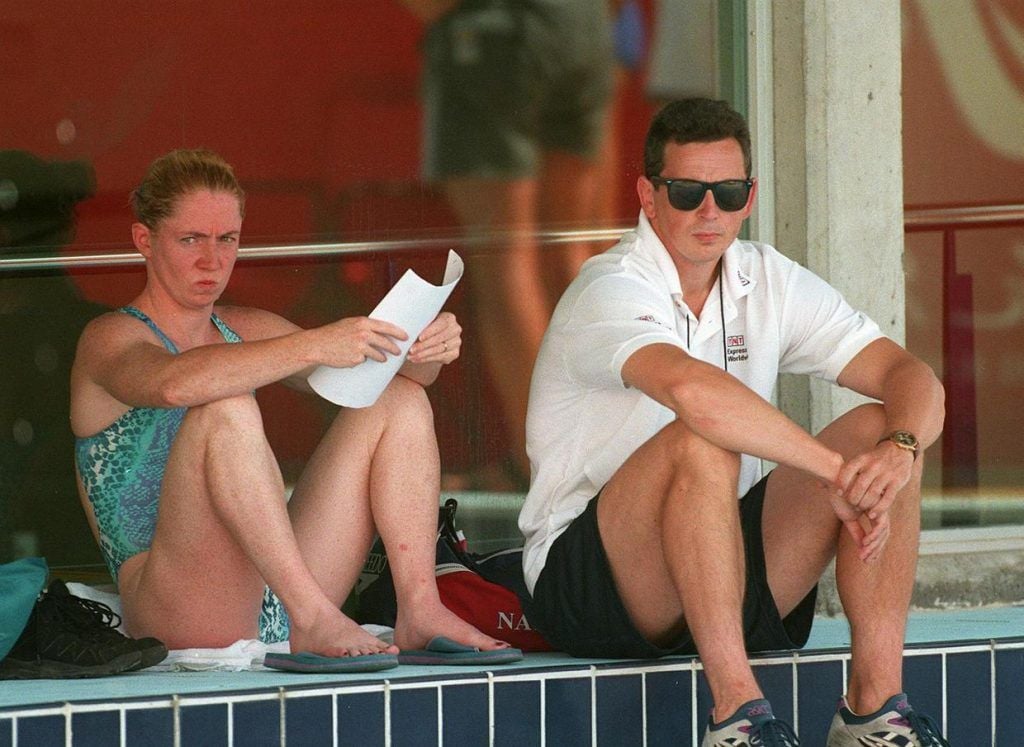
The Games in Atlanta would in turn lay the foundations for one of the most noticeable doping controversies in Irish sporting history. Coming off the back of some vastly improved times, Smith began the Games in showstopping form and her performances captured some alarming interest given the improvements made by the swimmer in such a short space of time. The athlete’s rapid swimming saw her shave a staggering 21 seconds off her best time in the 400m medley as she took gold and put Irish swimming on the global map. Smith had controversially made the cut for the race at the expense of US swimmer and the then world record holder Janet Evans.
The decision brought heat to the Irish woman’s camp as Evans, backed by the US Swimming Federation along with the German and Netherlands swimming teams, challenged the decision to allow Michelle Smith to compete, given the fact she hadn’t submitted her qualifying time for the 400m freestyle event before the July 5th deadline. The challenge was unsuccessful and Smith took her opportunity with both hands, leaving all in her wake as she stormed to gold, much to the joy of an unexpecting nation– a nation which had seldom even dreamed of Olympic success in the water. The controversy led to the maddened Janet Evans highlighting accusations of doping which had apparently been overheard by the US swimmer around the time of Smith’s success.
Smith’s performances also saw her claim further gold medals in the 200m individual medley and 400m individual medley and bronze in the 200m butterfly as a jubilant nation cheered on in glee.
The haul of medals raised many eyebrows, with commentators and other athletes suggesting her rather sudden surge in form was a result of foul play. The fact no Irish swimmer had won a medal at the Olympics left many worldwide dubious to the fact of whether or not Michelle Smith’s ascension to the podium was done in a fair manner. Smith claimed her improvements were due to smart training.
Two years on, Smith received a four-year suspension from FINA after being found guilty of tampering with a urine sample. A routine urine sample was found to have been contaminated with alcohol. Smith would in turn appeal the decision to the Court of Arbitration for Sport, but the ban was upheld with evidence provided by FINA which said Smith had taken androstenedione, a metabolic precursor of testosterone, in the previous 10-12 hours before being tested.
The decision would effectively end Ireland’s most decorated Olympians competitive career. Smith vehemently denied taking performance enhancing drugs, and was never stripped of her medals as she did not test positive in competition.
The pride Ireland had taken in Smith’s Olympic triumphs found itself at somewhat of a crossroads. The nation, as reported at the time, found itself in a quandary. There were pro- and anti- Smith parties– with the decision to believe Smith’s victories were done in a fair manner falling on the shoulders of the country’s natives. Some believed in her swims, some did not.
Katie Taylor’s victory at the London Games in 2012 stands as the only gold medal to be won by an Irish athlete since those of Smith’s in ‘96.
The happenings proved to be one of most thought-provoking tales of events in Olympic history and one that will be discussed by fans, the media and athletes for years to come.


